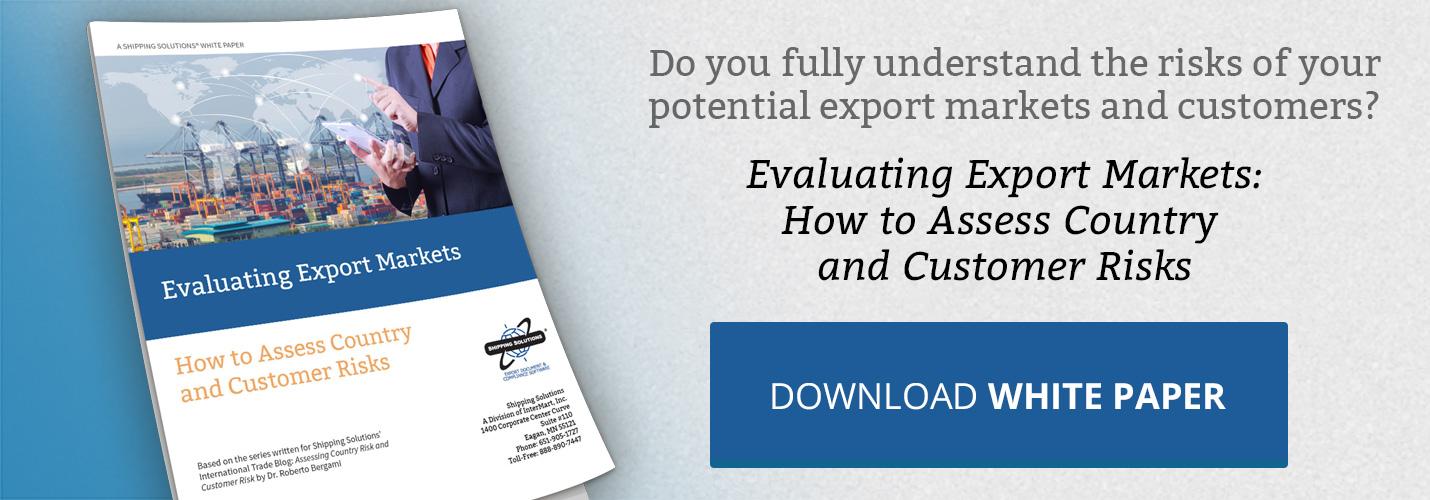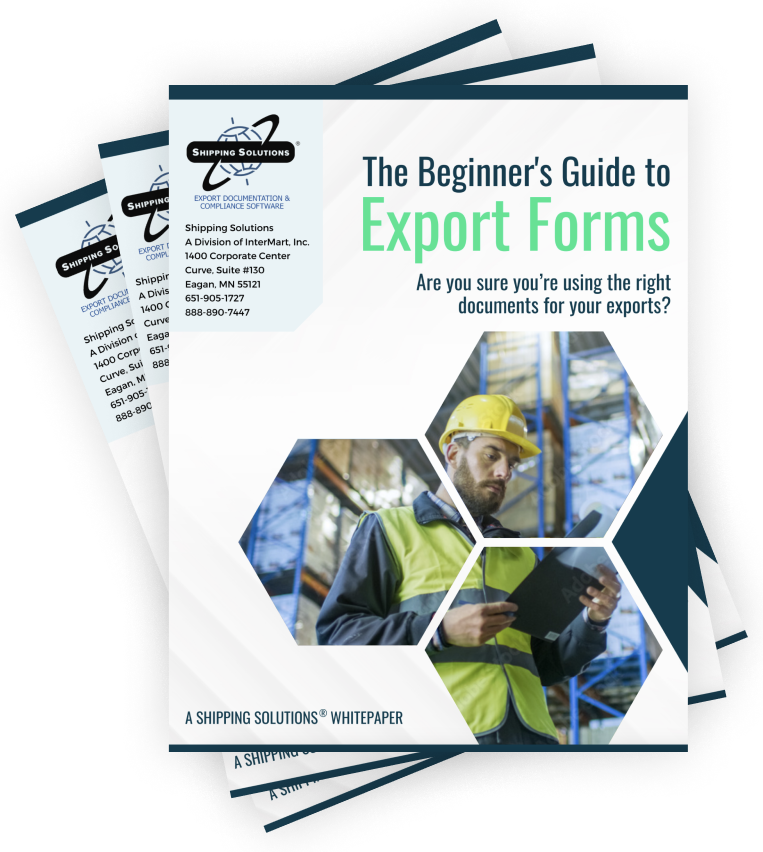The International Trade Blog International Sales & Marketing
Export Trading and Management Companies
On: April 3, 2017 | By:  Roy Becker |
2 min. read
Roy Becker |
2 min. read
 Shortly after her retirement as chief financial officer of a small exporting company, Marilyn attended a workshop designed for training start-up export trading companies (ETC) and export management companies (EMC). Knowing she had recently retired, I asked her why she attended and what she hoped to learn. She said she planned to start her own EMC.
Shortly after her retirement as chief financial officer of a small exporting company, Marilyn attended a workshop designed for training start-up export trading companies (ETC) and export management companies (EMC). Knowing she had recently retired, I asked her why she attended and what she hoped to learn. She said she planned to start her own EMC.
In the United States, ETCs and EMCs usually designate small companies that specialize in the international sale of goods. Large ETC and EMC companies exist in Japan and other countries. Although technically different, the differences between an ETC and an EMC have blurred and merged to the point where little or no distinction exists.
A large manufacturing company may contract an ETC/EMC to function as their international department. Their level of involvement, agreed to in advance, could include marketing, sales, logistics, payment, servicing, etc., on a commission basis, or they may take title to the goods and make a profit marking up the unit price.
When I asked this former CFO what products she planned to export and to which markets, she hesitated, “I haven't decided; whatever comes along. I know I can sell anything, anywhere!”
How successful can she become? Based on my personal observation, international traders become successful when they have developed an expertise in one or both of two areas:
- Knowledge of a product or service.
- Experience in a market.
With proficiency in at least one of the two, an entrepreneurial trader can develop know-how as needed in the other. With no expertise in either one, the ability to penetrate any foreign market virtually eliminates the possibility for success. Not surprisingly, several years have passed and I have not seen Marilyn again, so I assume she never started her business.
On the other hand, small ETC/EMC companies can succeed when they stay focused in their area of specialty—either a country or region or a product type. Wisely, they build on previous experience usually gained while working for a manufacturing company. They have learned to stay away from chasing deals that may cost considerable time and money and stick to what they do well.
Some of them grow and provide employment for others, while others prefer to stay small and pursue opportunities they can manage within their well-established niche.

About the Author: Roy Becker
Roy Becker was President of Roy Becker Seminars based in Centennial, Colorado. His company specialized in educating companies how to mitigate the financial risk of importing and exporting. Previous to starting the training company, Roy had over 30 years experience working in the international departments of several banks where he assisted many importers and exporters with the intricate banking needs associated with international trade.
Roy served as adjunct faculty in the International MBA programs at the University of Denver and University of Colorado in Denver. He conducted seminars at the World Trade Center Denver and The Center for Financial Training Western States, and was a guest lecturer at several Denver area Universities.
Roy retired in 2021.


